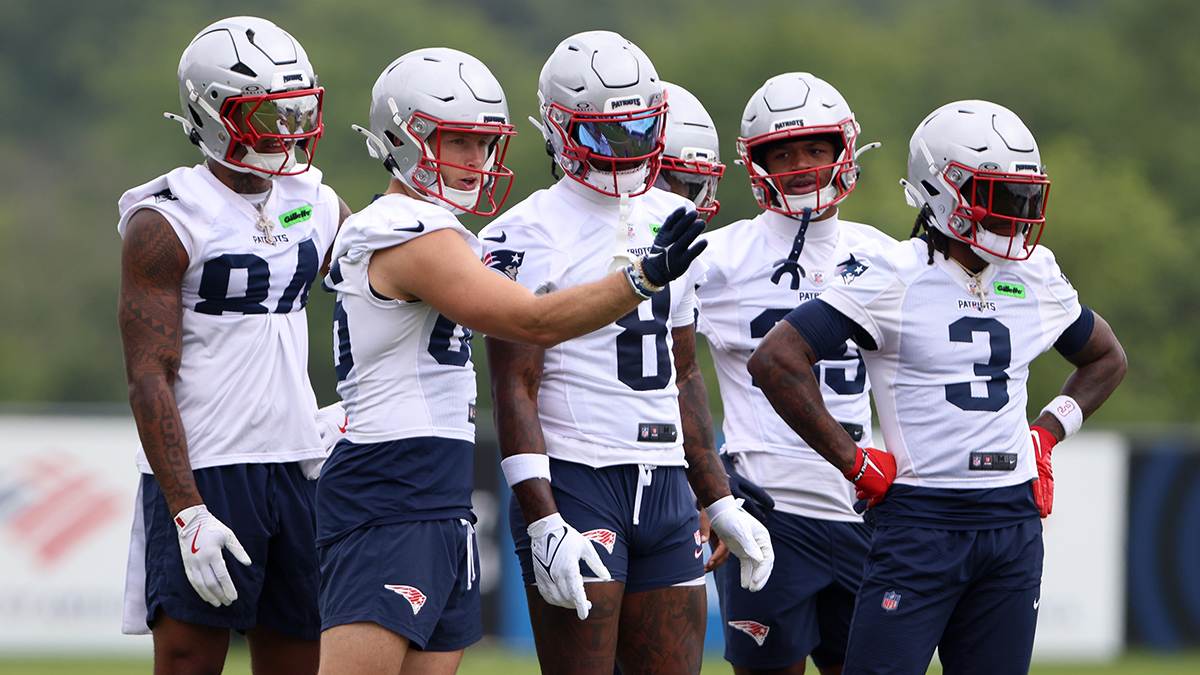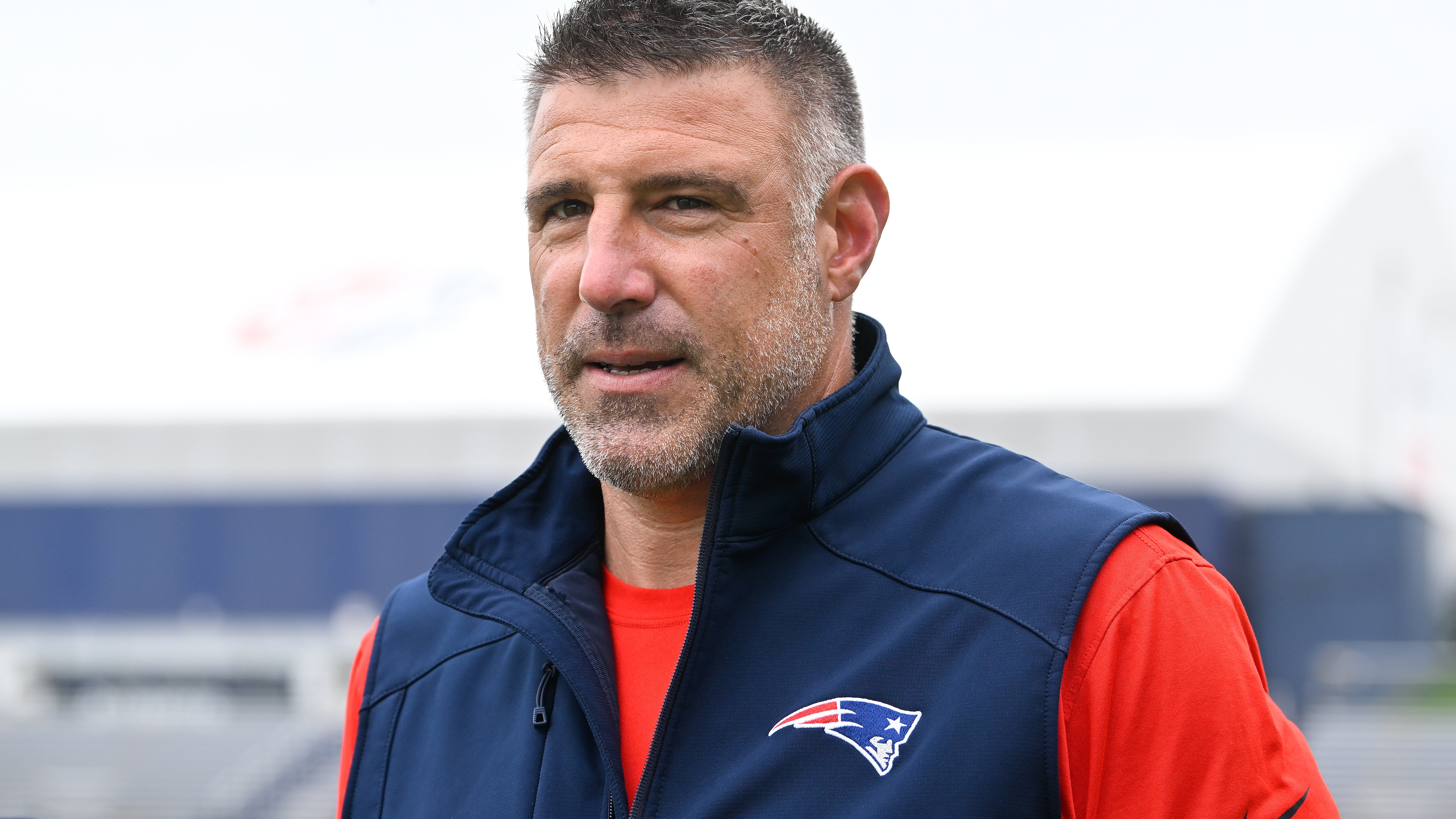
NFLPA attorney Jeffrey Kessler said in court on Wednesday he’d be making an additional submission by the end of the week to Judge Richard Berman.
He did. It’s high heat.
Kessler’s tone in the 15-page submission from Friday ranges from outraged to disgusted to bemused. That Berman could view the tone of the summation as counterproductive to settlement talks (Berman spoke Wednesday of not wanting anyone to “poison the well” in court with harsh statements) is certainly possible. To be honest, I don’t know if strident wording like this is standard practice which Berman will merely shrug off.
But Kessler comes out swinging early and steps up his attack in the last of five sections under the heading “GOODELL WAS AN EVIDENTLY PARTIAL ARBITRATOR.” Kessler derides Goodell’s appeal ruling in which he upheld Brady’s suspension as “more smear campaign than reasoned decision—a propaganda piece written for public consumption, at a time when the NFL believed the transcript would be sealed from public view, to validate a multi-million-dollar “independent” investigation.”
Citing examples, Kessler writes:
Goodell leads the Award with a “gotcha!” discussion about Brady purportedly destroying his phone, never acknowledging that Brady had turned over all of his emails and all of his phone bills (which demonstrated that Wells already had all relevant text communications from other sources) or mentioning that it was Brady’s career-long practice to recycle his phones because of Brady’s privacy concerns.
Goodell found that Brady’s increased communications with Jastremski after the AFC Championship game “undermine[d] any suggestion that the communications addressed only preparation of footballs for the Super Bowl rather than the tampering allegations” (Award 9) when Brady actually testified—at length—that he did discuss the tampering allegations with Jastremski because he was concerned they were causing Jastremski considerable stress and he wanted to know what had happened.
New England Patriots
Find the latest New England Patriots news, highlights, analysis and more with NBC Sports Boston.
Goodell wrote that the NFLPA’s expert, Dean Snyder, “performed no independent analysis or experiments” (Award 6) when Snyder testified for two hours about the statistical, regression, and other analyses that his team conducted.
Goodell wrote in the Award (at 8) that Brady testified “that the Patriots’ equipment personnel would not do anything to game balls that was inconsistent with what he wanted” when Brady actually testified that this is why he “do[es]n’t think anyone would tamper with the ball.”
Goodell radically changed Wells’ finding of “general awareness” of purported ball deflation by others into a conspiratorial “scheme” when the hearing record contains not a shred of evidence about any such “scheme” that Goodell could cite.
Summing up that section, Kessler writes, “The point here is not that the Court needs to decide any disputed issues of fact, but that the Award itself evidences a clearly biased agenda—not an effort at fairness and consistency. At a minimum, any reasonable person would have to find Goodell to be partial.”
A large portion of Kessler’s summation is devoted to hammering Goodell for not providing “advance notice of discipline.” That Goodell punished Brady for “general awareness” or a purported “scheme” even though players weren’t apprised of the rules for equipment violations and Brady had no indication failure to cooperate could mean suspension are the crux of that argument.
The NFL argues that ball tampering after the officials inspected them would be conduct detrimental and that every player agrees to that in the standard player contract signed and submitted to the league.
Aside from the way the NFL has conducted this whole thing – and whether or not balls were even deflated in the first half of the AFC Championship Game – they do have a point. Any player would know that kind of act would run counter to the integrity of the game and said player would have signed a contract agreeing not to take part in such actions.
The NFL is saying, “We ran an investigation. This is what we found and believe. This is our ruling and it is unassailable because of the part of the CBA (Article 46) that it violates is not open to debate.”
Kessler addresses that in his submission as well.
“The NFL tries to obscure the Commissioner’s disregard for the Player Policies by citing his finding that Brady “[had] ample reason to expect that a violation of that rule ... would be deemed conduct detrimental,” he writes. “But even accepting this premise, Brady having notice that an infraction “would be deemed conduct detrimental” does not give notice about the potential penalty of a four-game suspension when the Player Policies expressly provide that for equipment violations affecting the “integrity of the competition,” “First offenses will result in fines.”
Kessler’s adroitness at anticipating the NFL’s counter-arguments and then shooting them down with other portions of the CBA is impressive. How persuasive they’ll be? We’re in the process of finding out


